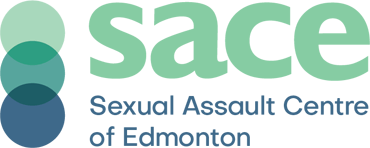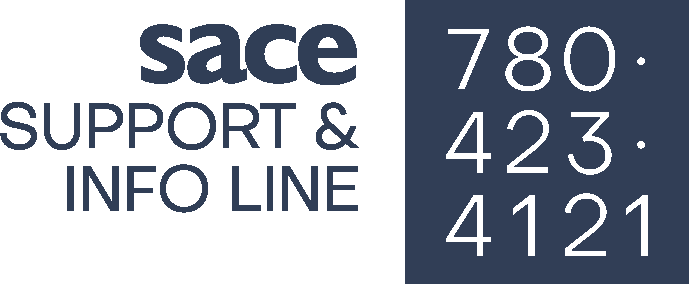Group Counselling
Adult Therapeutic Groups
Group counselling is designed for clients who have already accessed individual counselling, typically at SACE. For more information about individual counselling at SACE and what to expect from counselling in general, please visit our adult counselling page.
Groups are not offered in a drop-in format. All groups require registration so that we can manage numbers, and ensure clients will benefit from group. Our varied counselling groups are offered as demand allows, with some groups occurring more frequently than others. Groups are held based on sufficient registration, and once a group session has reached its maximum number of participants, individuals who have not yet completed an intake will have to wait until the next group session to join.
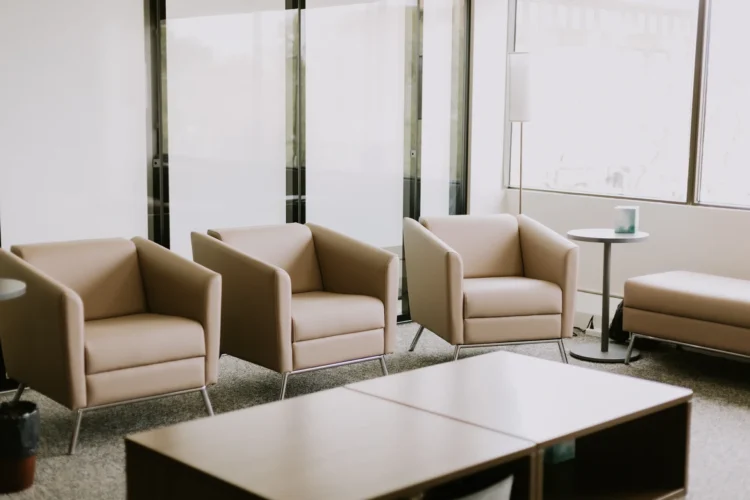
Regular adult group counselling programs are listed below. Additional programming may be offered depending on capacity and demand.
If you have questions or feedback on group counselling programming at SACE, or you would like to do an intake for registration, please email us at counselling@sace.ca, or call our office at 780.423.4102. Please note that part of the intake process will be to determine each individual’s readiness for a group format.
If you have barriers to attending one of our groups, let us know! Our Client Care Specialists work to support people in navigating barriers, and there may be options available.
ASHA (Adult Survivors Healing from Abuse)
Runs once per week for 15 weeks with one break week
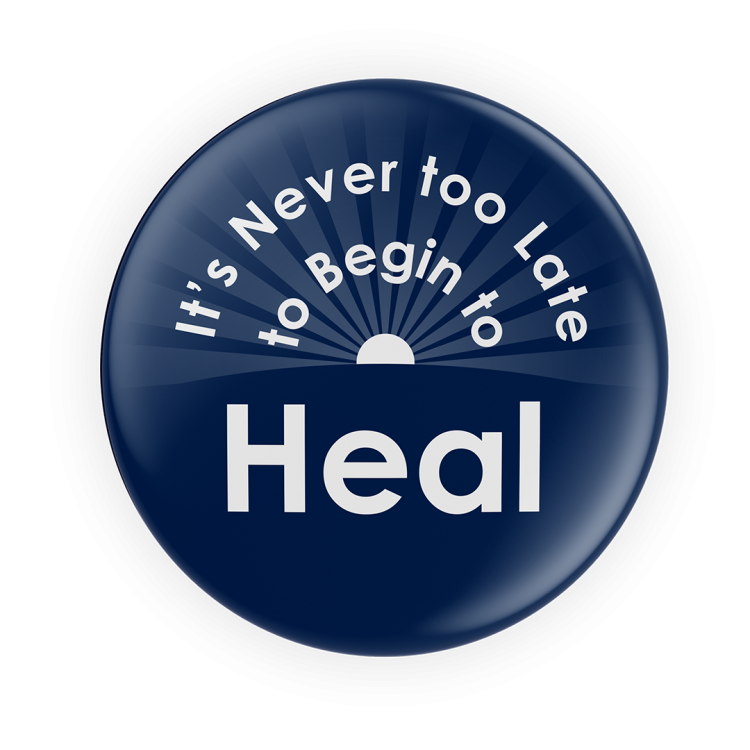
Who It’s For
Adult women (trans-inclusive) who have experienced sexual abuse in childhood.
Description
ASHA is a closed therapeutic group for adult women (trans-inclusive) who have experienced sexual abuse in childhood. In order to participate in this group, individuals need to have completed individual counselling. This group offers counselling clients the opportunity to continue their therapeutic process in a group setting. Each week focuses on a topic addressing the impacts of sexual violence.
The first part of the group is spent exploring the topic of the week, and the second half is spent engaging in open circle. Open circle offers participants the space to express how they feel or understand the topic of the evening, or to share about experiences occurring in their day-to-day lives. This group runs once per week for 15 weeks with one break week.
For more information about ASHA, to discuss suitability, or to register for the next available series, please reach out to counselling@sace.ca or call our office at 780.423.4102
Topics Include:
- Group Introduction & Self-Care
- Trauma & Coping
- Sleep, Flashbacks, & Nightmares
- Boundaries
- Anxiety & Depression
- Anger & Betrayal
- Self-Compassion
- Shame & Guilt
- Attachment & Healthy Relationships
- Inner Child
- Facts & Stigma
- Offender Behaviour
- Intimacy & Healthy Sex
- Post-Traumatic Growth
Men's Group
Runs once per week for 15 weeks with one break week
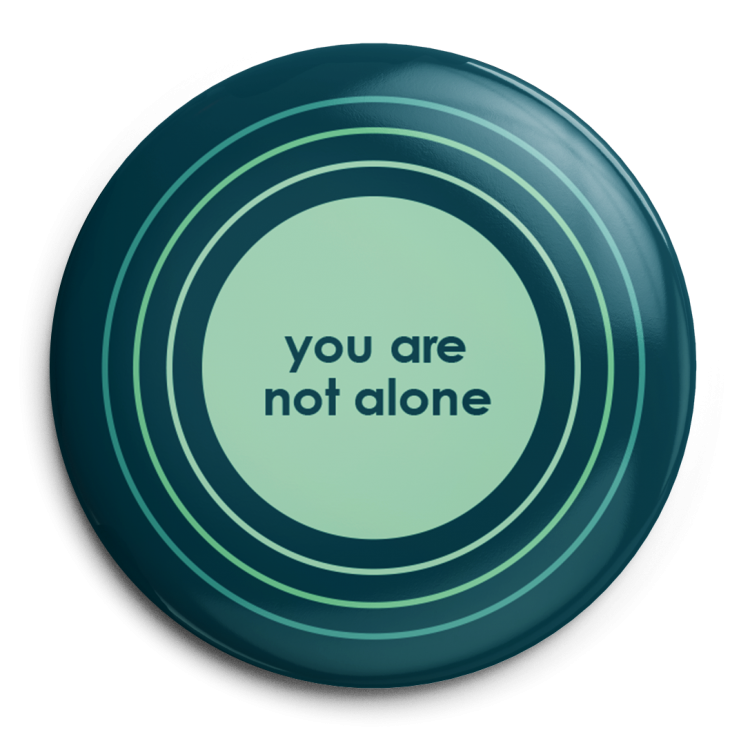
Who It’s For
Men (trans-inclusive) who have experienced sexual abuse and/or assault, as children or as adults.
Description
The SACE Men’s Group is a closed therapeutic group for men who have experienced sexual abuse or assault, as children and/or as adults, and who have already accessed individual counselling support. The group is designed to further healing by building community and decreasing shame and isolation. Each week focuses on a topic addressing the impacts of sexual violence.
The first half of each group is dedicated to check-in and administrative items, the weekly topic, and an associated exercise, and after a break the second half is reserved for an open circle to connect and share with other men about trauma-related experiences, as well as a soothing nervous system activity and check-out activity.
For more information about the Men’s Group, to discuss suitability, or to register for the next available series, please reach out to counselling@sace.ca or call our office at 780.423.4102
Topics Include:
- Welcome & Getting to Know Each Other
- Trauma Impacts & Coping
- Myths & facts
- Anxiety & Depression
- Shame & Anger
- Boundaries & Trust
- Masculinity
- Sexual Impacts
- Sexual Healing
- Intimacy
- Post-traumatic growth
SASS (Sexual Assault Survivors Support)
Runs once per week for 15 weeks
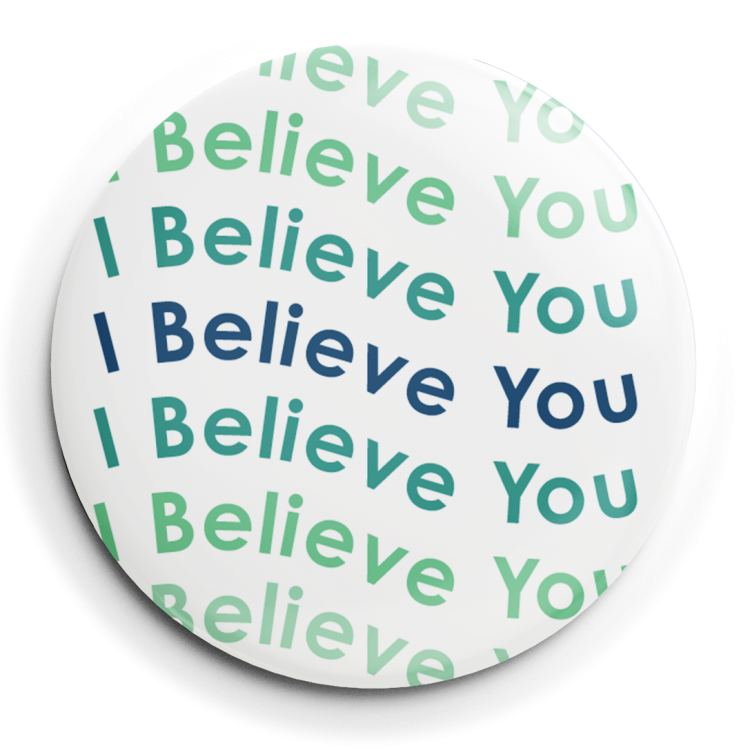
Who It’s For
Adult women (trans-inclusive) who have experienced sexual assault as adults.
Description
SASS is a closed therapeutic group for adult women who have experienced sexual assault as adults. The group is designed to provide support, build community and reduce isolation. This group runs once per week for 15 weeks with one break week. Where demand is sufficient an intermediate “part two” series may be held for participants who previously benefited from the group.
For more information about SASS, to discuss suitability, or to register for the next available series, please reach out to counselling@sace.ca or call our office at 780.423.4102
Topics Include:
- Group Introduction & Self-Care
- Trauma & Coping
- Anxiety & Depression
- Anger
- Attachment
- Boundaries
- Self-Compassion
- Myths & Facts
- Shame & Guilt
- Grief & Loss
- Healthy Relationships & Communication
- Intimacy & Healthy Sex
- Post-Traumatic Growth
Sitting in Solidarity
Runs once per week for 9 weeks
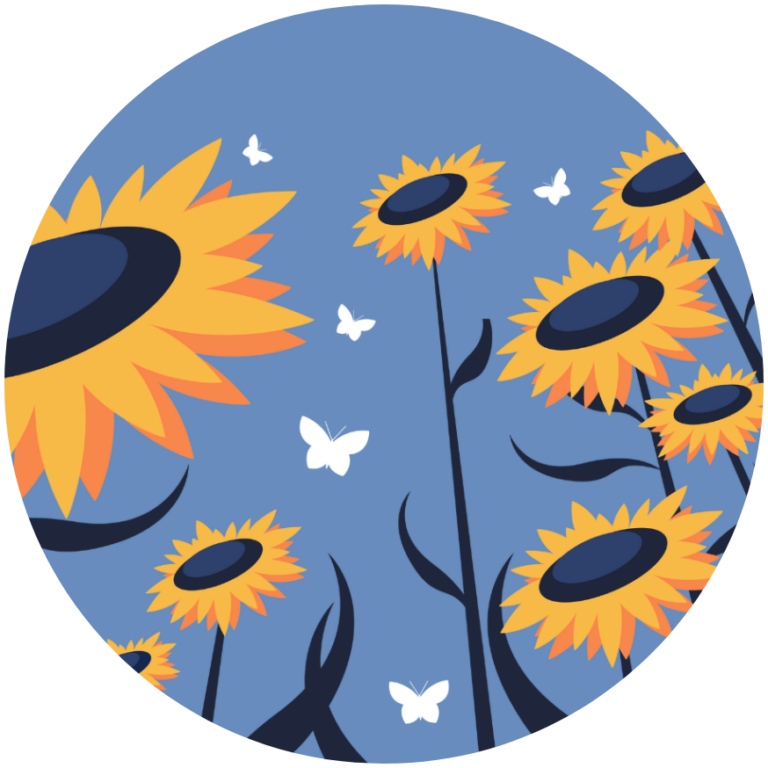
Who It’s For
Adult women (trans-inclusive) who have completed court in the criminal justice system for their experiences of sexual violence and need a safe space to process and heal from that journey.
Description
Did you recently attend criminal court as a sexual violence survivor and found the experience painful, and wondering “now what?” Alternatively, greater closure and support are needed beyond what court could provide.
This closed therapeutic group is specifically intended for those who have completed court in the last five years to explore how the court process affected them and seek community and connection from others who have similar experiences.
Group will be facilitated by trained and qualified staff who are familiar with the court system. The structure will include lecture, experimental activities, group sharing, and psychoeducation around sexual violence, trauma, and the impacts of the criminal justice system. All group sessions will be in person.
For more information about Sitting in Solidarity, to discuss suitability, or to register for the next available series, please reach out to counselling@sace.ca or call our office at 780.423.4102
Group goals:
- Creating community with others with similar experiences
- Re-defining our story post-court
- Exploring new and different spaces for healing
Topics Include:
- Secondary trauma and the criminal justice system
- Redefining justice
- Justice restoration & recognition
- Self-compassion
- Rest is resistance
- Post trauma identity and growth
- Building community
- Creating safe supports and connections
SOLACE (Space Of Learning And Cultural Equity)
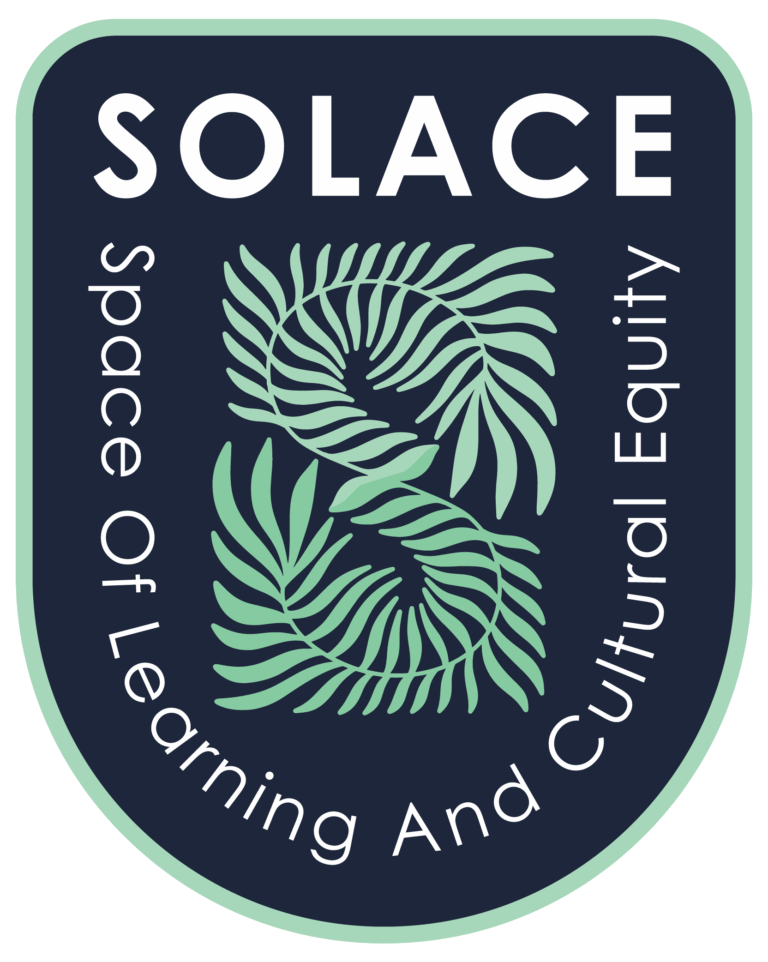
Who It’s For
People of colour over the age of 18 of all genders who have experienced trauma.
Description
This counselling group aims to provide a comforting cultural space for individuals from differing backgrounds to connect and discuss what healing looks like from their cultural perspectives. The psychoeducational sessions use multicultural interventions to create a space of learning and shared experience with others.
For more information about SOLACE, to discuss suitability, or to register for the next available series, please reach out to counselling@sace.ca or call our office at 780.423.4102
Topics Include:
- Grief
- Relationships
- Managing emotions
- Family dynamics
- Identity
The topics will rotate, with one topic highlighted as the focus each session.
refleQT
Runs once per week for 15 weeks with one break week

Who It’s For
2SLGBTQIA+ adults of all genders who have experienced sexual abuse and/or assault, as children or as adults.
Description
This closed therapeutic group is for 2SLGBTQIA+ adults who have experienced sexual violence. Participants must have completed individual counselling related to sexual trauma, whether at SACE or with another counsellor or agency. While the program’s main focus is on supporting processing and healing from sexual trauma, it also provides an opportunity for participants to connect with other people from 2SLGBTQIA+ communities to share intersectional experiences around sexual assault and healing.
For more information about refleQT, to discuss suitability, or to register for the next available series, please reach out to counselling@sace.ca or call our office at 780.423.4102
Topics Include:
- Introduction & Coping
- Trauma and the Window of Tolerance
- Understanding Sexual Violence
- Attachment
- Emotion Regulation
- Boundaries
- Shame
- Anger
- Trust
- Finding Community
- Sexual Impacts
- Sexual Healing
Wîwîp’son Healing from Sexual Trauma Circle for Indigenous Women
Runs once per week for 10 weeks
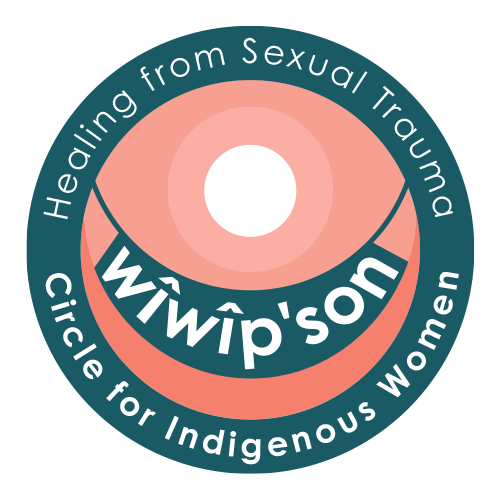
For more on the meaning and connections of this name, visit our Wîwîp’son page.
Who It’s For
Indigenous women (Two-Spirit and trans-inclusive) who have experienced sexual abuse and/or assault, as children or as adults.
Description
This closed therapeutic group for Indigenous women (Two-Spirit and trans-inclusive) works to create a safe space to give voice to experiences of sexual abuse or assault, and to feel validated by the experiences of others in their communities. The group was developed in recognition that the experiences of Indigenous women are unique, and processing trauma from sexual assault or abuse needs to involve education about the bigger picture of colonialism and its inter-relationship with sexual violence.
The group’s format includes exposure or introduction to traditional teachings and ceremony, as well as education about trauma and its effect on the brain and body. It also covers skills to self-regulate triggers, and aims to reduce shame, and build self-confidence and self-esteem.
The program commences with an in-house pipe ceremony, and ends with an optional sweat. The group is co-facilitated by an Elder (Kohkom), an Auntie, a SACE staff therapist, and an Indigenous mental health therapist.
Each session begins with a smudge and prayer, and includes an educational component and cultural teaching. A healthy hot meal is provided. In line with the holistic teachings of the four aspects of self, each session and the whole group itself are structured in a way that honours this view of healing.
For more information about Wîwîp’son Healing Circle, to discuss suitability, or to register for the next available series, please reach out to counselling@sace.ca or call our office at 780.423.4102
The four phases of the group are:
- Opening Circle 1: Pipe ceremony, introductions & creating safe space
Physical: Preparing
- Circle 2: Boundaries/self-sovereignty & self-care
- Circle 3: Sexual abuse: definitions, myths & facts
Mental: Learning
- Circle 4: Trauma & impacts
- Circle 5: Self-compassion
Emotional: Processing
- Circle 6: Living with difficult emotions
- Circle 7: Healthy sexuality
Spiritual: Moving Forward
- Circle 8: Journeying with Grief
- Circle 9: From surviving to thriving
- Closing Circle 10: Healing & hope
The circle closes with a trip to Alexis Nakota Sioux Nation for a sweat for those who choose to attend, with transportation support.
Youth Therapeutic Groups
Group counselling is designed for clients who have already accessed individual counselling, typically at SACE. For more information about individual counselling at SACE and what to expect from counselling at SACE in general, please visit our child and youth counselling page.
SACE groups are not offered in a drop-in format. Our counselling groups are offered as demand allows, and based on interest expressed by our clients. Groups are held based on sufficient registration, and once a group session has reached its maximum number of participants, individuals who have not yet completed an intake will have to wait until the next group session to join.

SACE offers group counselling for youth.
Additional programming may be offered depending on capacity and interest.
If you have questions or feedback on group counselling programming at SACE, or you would like to do an intake for registration, please email us at counselling@sace.ca, or call our office at 780.423.4102. Please note that part of the intake process will be to determine each individual’s readiness for a group format.
If you have barriers to attending one of our groups, let us know! Our Client Care Specialists work to support people in navigating barriers, and there may be options available.
Who I Am Now: Trauma & Healing in Adolescence
Runs once per month
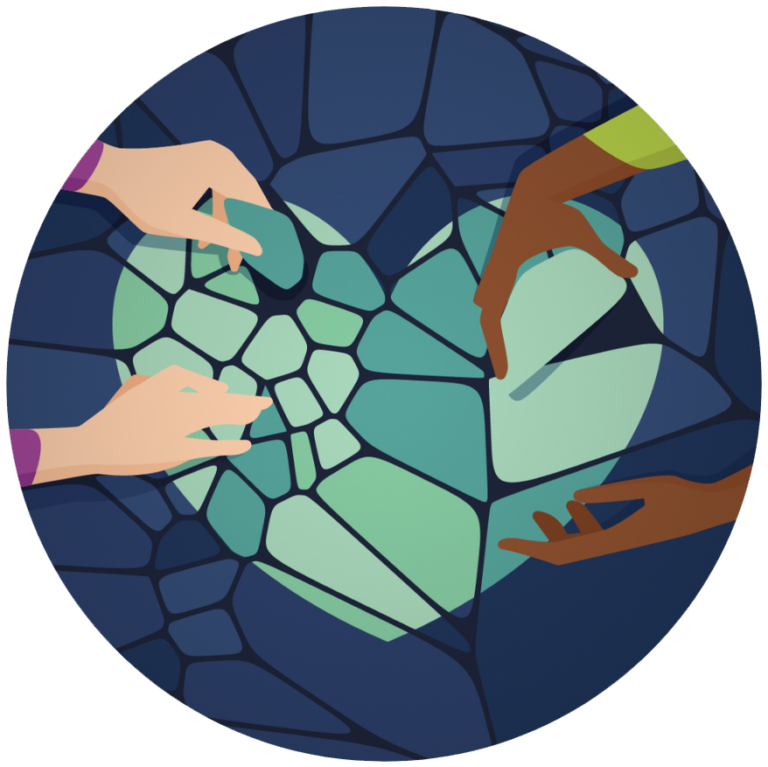
Who It’s For
Femme-identified and non-binary youth aged 13 to 17
Description
The SACE Who I Am Now group provides space for femme-identified and non-binary youth to process experiences of sexual violence in an environment focused on strength, resilience, and community. Each session focuses on a specific topic and incorporates expressive modalities, mindfulness activities, and identity exploration.
For more information about Who I Am Now, to discuss suitability, or to register for the next available series, please reach out to counselling@sace.ca or call our office at 780.423.4102
Confidentiality
Counselling at SACE is conducted in a confidential manner. Information related to counselling is only released to other professionals with a client’s written permission, with the exception of other counsellors at SACE, and the counsellor’s supervisor. No information, either written or verbal, gained during the counselling process will be used for the purposes of resolving child custody and access disputes. Client files are retained based on current College of Alberta Psychologists guidelines.
SACE adheres to the Alberta College of Social Workers (ACSW) and the Canadian Psychological Association Code of Ethics.


Anything you say in a counselling or group session will be considered confidential with the exception of:
- Information which leads us to perceive a child (under 18) or other vulnerable individual is at risk of physical, emotional, or sexual violence or neglect, as we are legally bound to report such concerns to authorities under Section 4 of the Child, Youth and Family Enhancement Act
- Information which leads us to believe that you are in danger of harming yourself or others
- Files subpoenaed during a court proceeding
- Where otherwise required by law
When you start counselling at SACE, your counsellor will obtain your informed consent for counselling services and will further explain these limits to confidentiality.
